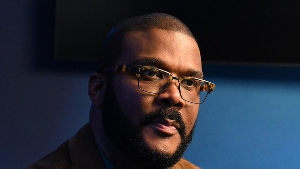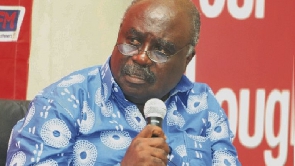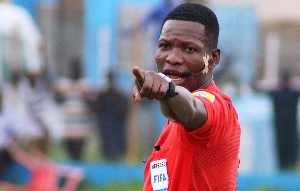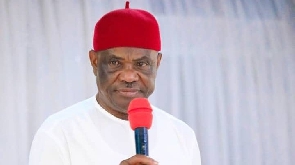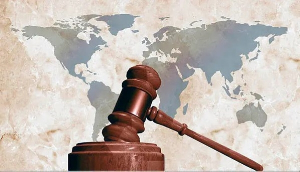Media rights campaigner, Dr. Charles Wereko-Brobby, has said attempts by the government to force state-owned Ghana Broadcasting Corporation (GBC) to reduce its TV channels from six to three is a clear case of media oppression.
Dr. Wereko-Brobby, a.k.a Tarzan, told Citi FM on Thursday, July 16, 2020, that the directive from the Ministry of Communication to GBC is unconstitutional.
“The Minister for Communications is a member of government and GBC is a state-owned media. If you actually ask people to reduce, you can interpret it as interference from government on the business of a state broadcaster.
“What we fought for is for the media to be independent of government control and the person who defended the action we fought for is now President of Ghana so let him interpret what it means. The power of the President to prescribe and to ensure what the constitution of Ghana sets down,” Dr. Wereko-Brobby said.
Dr. Wereko-Brobby, a respected member of the governing New Patriotic Party (NPP), set up the first private radio station in Ghana, Radio Eye, at a time when there was a repressive law against private ownership of media houses.
Dr Wereko-Brobby also told Citi FM that the National Media Commission is mandated by the Constitution to shield all state media houses from interference from government.
Communications Minister, Ursula Owusu-Ekuful, has directed GBC to reduce its channels from six to three.
According to the Minister, it had become unsustainable for the government to be covering the cost of GBC’s channels on the National Digital Terrestrial Television platform.
“If we are going to hand that cost completely to the broadcasting channels at this time when there is a general business slowdown… we will have a problem because, on the basis of the figures I have seen, you will be unable to pay for the cost of hosting the platform,” she explained.
The directive has courted criticism from some media-right groups and the Minority in Parliament.
General News of Friday, 17 July 2020
Source: www.ghanaweb.com
Tarzan criticizes ‘oppressive’ directive forcing GBC to reduce TV channels
Entertainment
